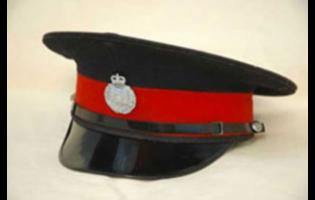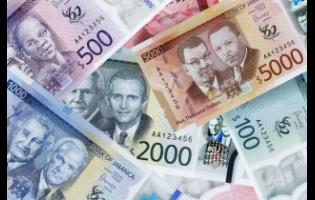Sperm wanted - Fertility clinic invites donors to help make babies
With demand for local sperm soaring, the Caribbean Fertility Clinic is on the hunt for healthy young men to help others create their dream family, while preserving the island's vibrant Caribbean heritage.
For years, the fertility clinic has relied mainly on imported sperm from the USA, Denmark, and other countries to help families facing infertility issues.
However, according to Dr Kamali Carroll, founder of the Jamaica Fertility Clinic, it is "cost prohibitive for many to import sperm, and locals and diaspora want Jamaican sperm".
IVF (In vitro fertilisation) has become a lifeline for couples and singles hoping to become parents.
"Human reproduction is quite inefficient, so it often takes several attempts to achieve pregnancy," Carroll shared. "Additionally, we need the diversity because many persons are matching to a partner. So we need many different phenotypes or looks. So to meet that demand we have to recruit many donors," she added.
Carroll, said, however, that there are some single females who are not necessarily looking for a donor to have a specific look. She noted, though, that recipients prefer choosing donors that have a higher level of education.
Jamaica has been using donor sperm for more than 15 years, but the recruitment of local sperm donors is a newer initiative.
"We already have babies born from local donor sperm," Carroll said. "This is not just about our Jamaican population. Our diaspora in the UK and US are very keen on getting local donors, so this is an ongoing effort."
She also explained that the clinic's success stories with local donor sperm have been nothing short of inspiring.
"One story that stands out is a single female that always wanted children. She had no partner and was watching the years fly by. She finally decided that she is stable and the one thing she wanted more than anything was a baby. She finally decided in her late 40s to go ahead with donor sperm. She now has her baby girl and she is over the moon," the doctor said.
"Many of the beautiful families that we see at school, church etc. are the result of donor gametes...eggs and sperm," Carroll added.
About a third of all couples at the clinic use donor sperm. Hundreds of embryos have already been created this way, and roughly half of infertility cases are due to male factors -- from low sperm count to the sperm having difficulty moving or swimming properly, reducing their ability to reach and fertilise an egg.
"Some men produce no sperm at all, while others have poor sperm parameters or have experienced failed assisted reproductive technology attempts. Single women seeking to start families also contribute to the demand," Carroll said.
Men who wish to donate sperm must meet basic health requirements: they should be between 19 and 29, have a normal BMI, and be free from any infectious diseases or known genetic or mental conditions.
Men earn between $10,000 and $15,000 per donation. Carroll emphasised that even though donors are compensated, "we prefer donors that are not only doing it for the money but also because they genuinely want to help others". Each donor is limited to three live births. This restriction is out of a need to reduce the possibility of the offsprings having children with each other.
Sperm donors have no legal obligation to any children conceived from their donations, as they fully relinquish all parental rights. The Jamaica Fertility Clinic offers three categories of donors to suit different preferences: anonymous donors, whose identities remain confidential with no intention of future contact; semi-open donors, where the child has the option to reach out once they turn 18; and open donors, where recipient parents have access to the donor's identifying information, allowing for potential communication--though not for parental involvement, but rather to establish some level of connection if desired.






































